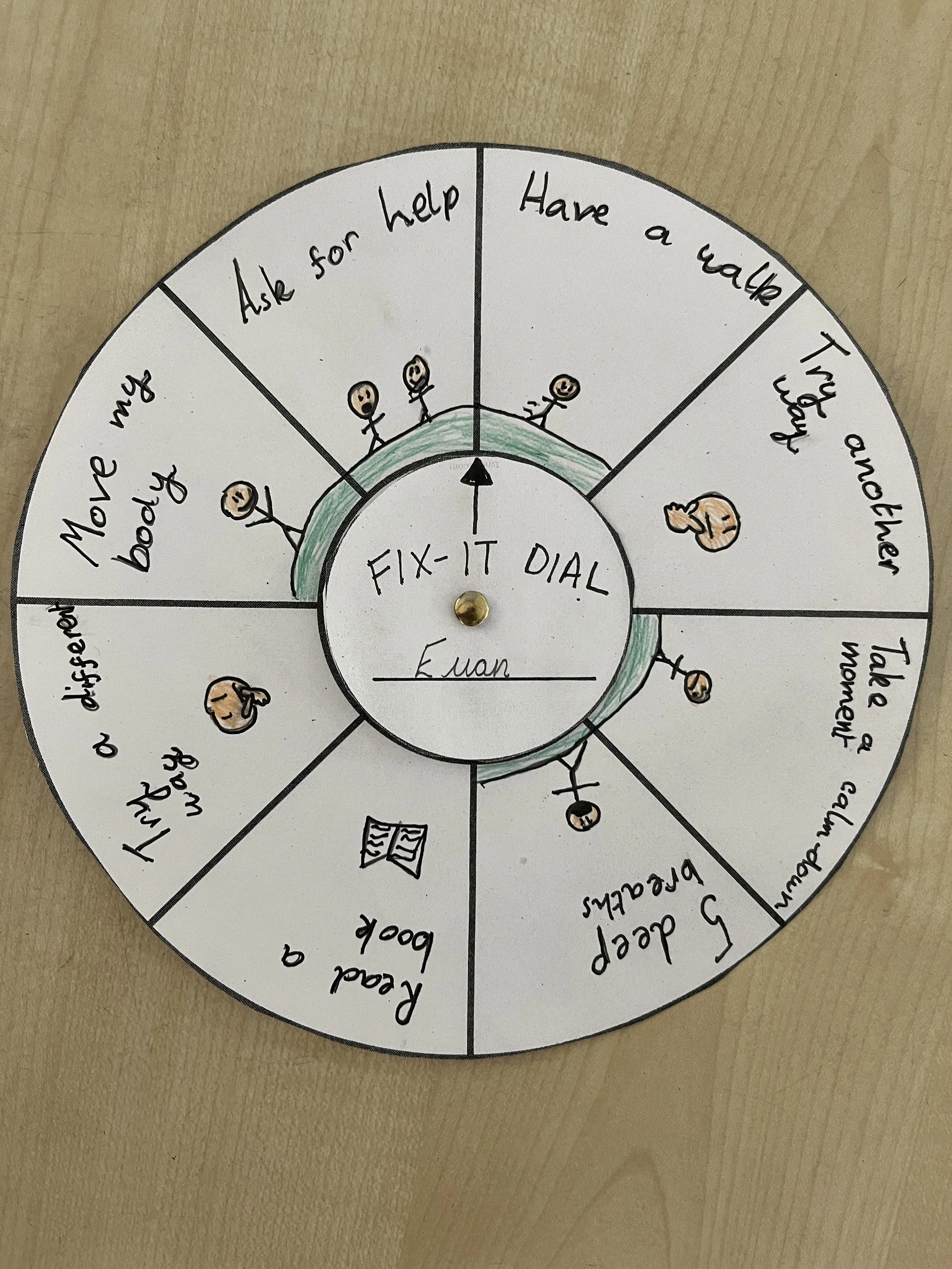5 Key Benefits of Mental Health First Aid for Small Business Owners
Looking to improve staff wellbeing and reduce workplace stress in your small business? Mental Health First Aid (MHFA) training equips your team with the confidence and skills to recognise early signs of mental health challenges, open supportive conversations, and provide the right help when it’s needed most. From reducing absenteeism and staff turnover to boosting productivity, resilience and trust, MHFA offers a proven return on investment—around £4.70 for every £1 spent. At Cormack Mental Health First Aid Training, we specialise in practical, down-to-earth MHFA workshops for small businesses across Scotland, helping leaders build stronger teams, healthier cultures, and workplaces where people thrive.
How Small Acts Build Big Impact: A Mental Health Perspective from Inverness
A primary school child’s work & Mental Health Toolkits.
Why Connection Comes First: Reimagining Mental Health Support in the Workplace
Connection - on and off the field matters.



